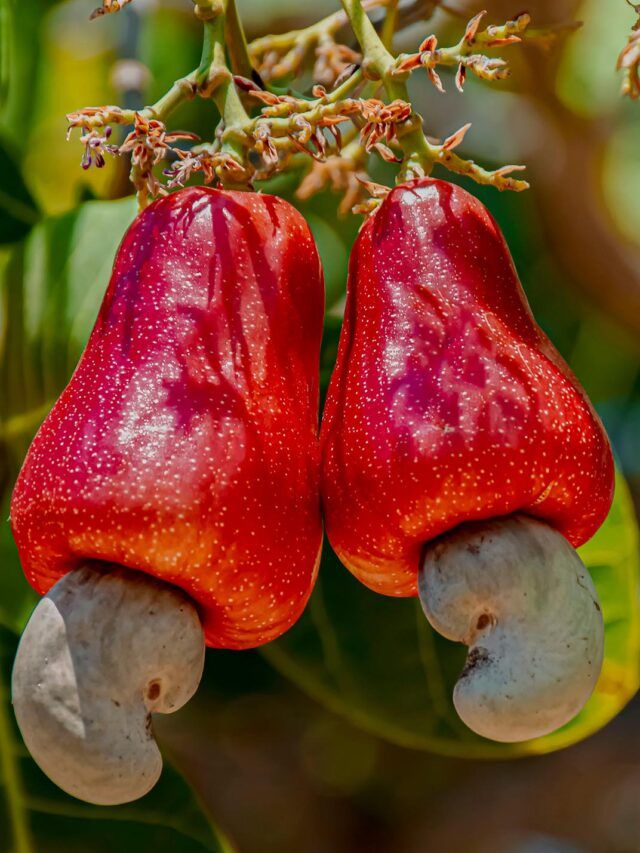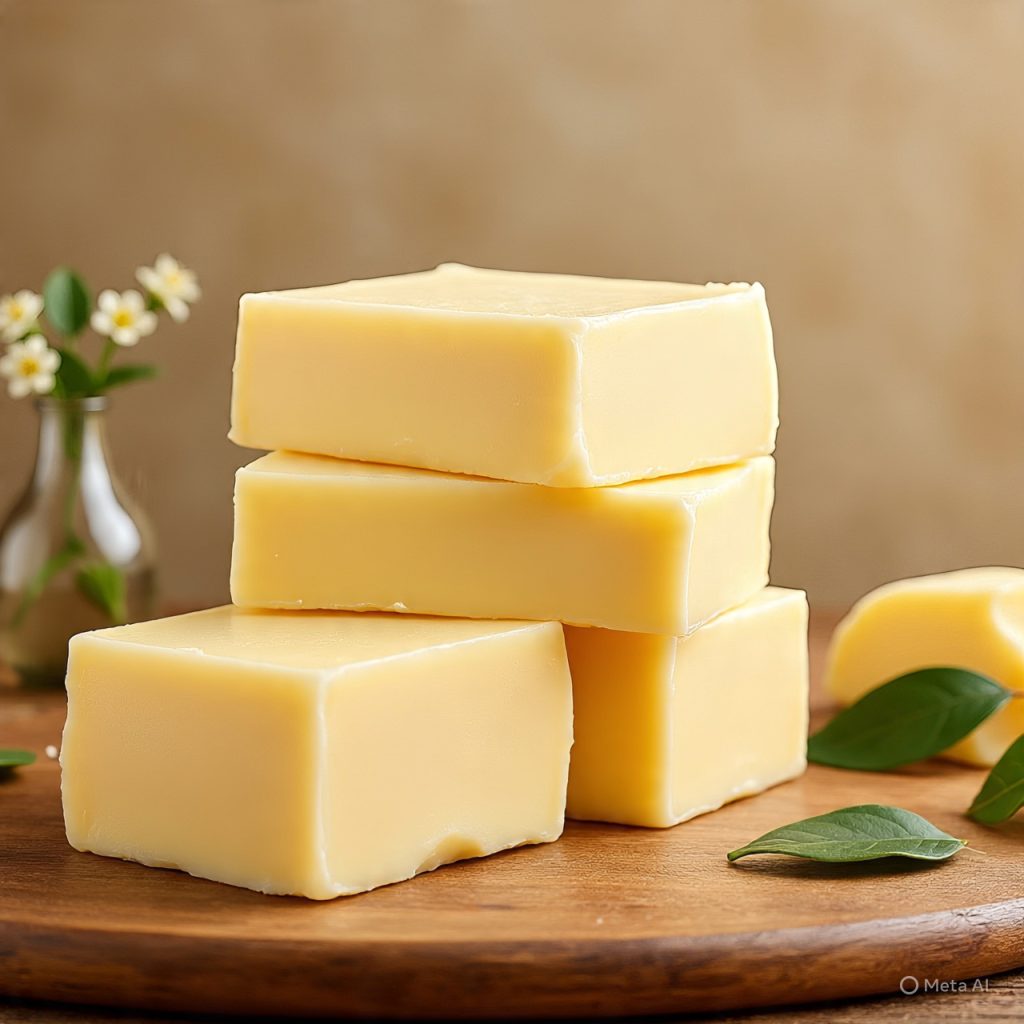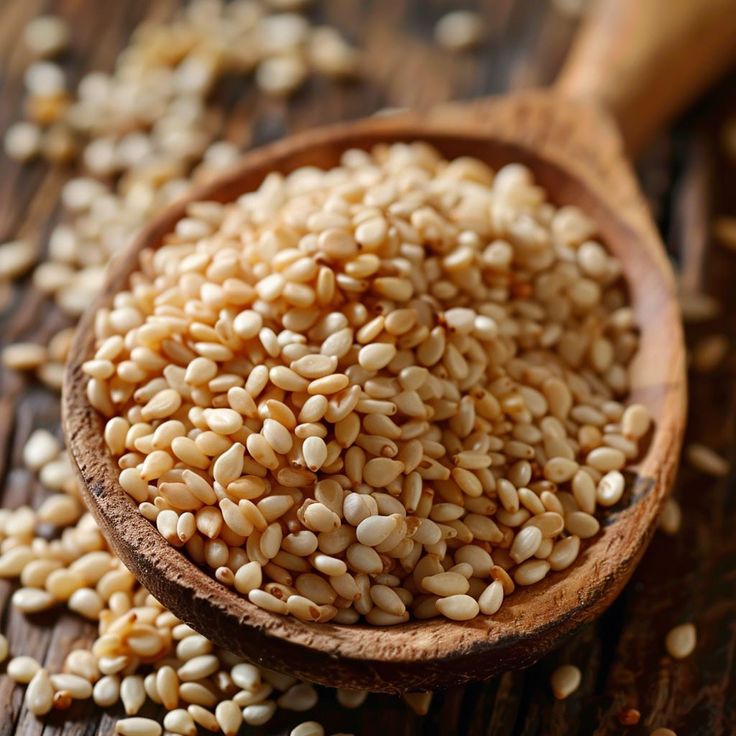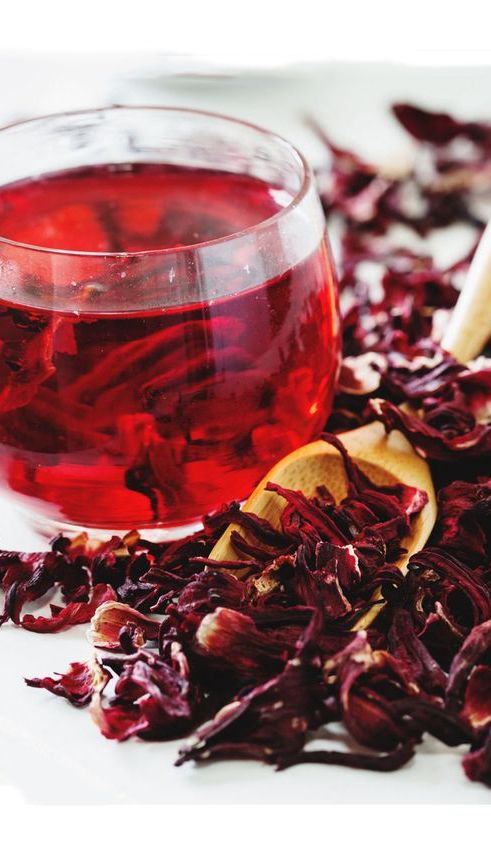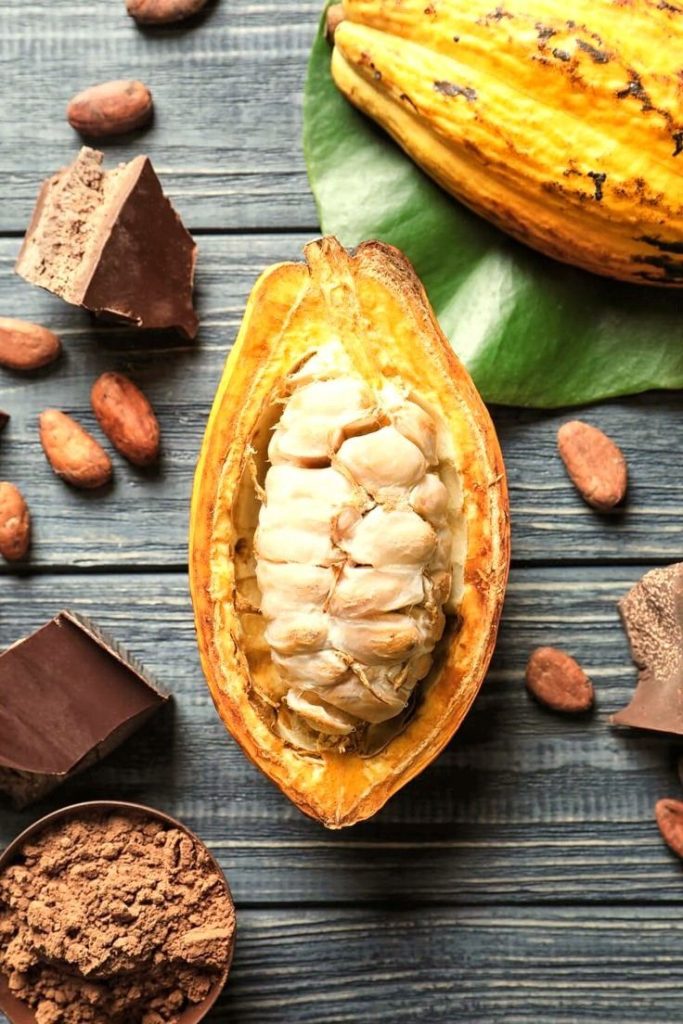Kola nut (Cola acuminata and Cola nitida) is a tropical fruit seed prized for its caffeine content, stimulant properties, and cultural significance in many African and international markets. Traditionally used in ceremonies and hospitality rituals, kola nut is also a valued ingredient in beverage manufacturing, herbal medicine, and natural health products.
Its slightly bitter yet refreshing taste makes it an important raw material in soft drink production, including the early formulas of cola beverages. The global functional beverage and natural stimulant market continues to fuel its export demand.

Why Kola Nut is in High Demand
-
Natural Source of Caffeine – Provides an energy boost without synthetic additives.
-
Cultural Importance – Used in traditional ceremonies, gifting, and hospitality in many African and diaspora communities.
-
Beverage Industry Use – A key ingredient in herbal teas, energy drinks, and cola-based beverages.
-
Medicinal Applications – Used in natural remedies for fatigue, digestion, and appetite suppression.
-
Growing Herbal & Organic Markets – Increasing demand for plant-based stimulants.
Popular Export Forms
-
Fresh Whole Kola Nuts – For cultural, ceremonial, and hospitality use.
-
Dried Kola Nuts – For longer shelf life and global shipping.
-
Kola Nut Powder – For beverage, supplement, and herbal product manufacturing.
-
Kola Nut Extract – Concentrated form for use in the food and beverage industry.
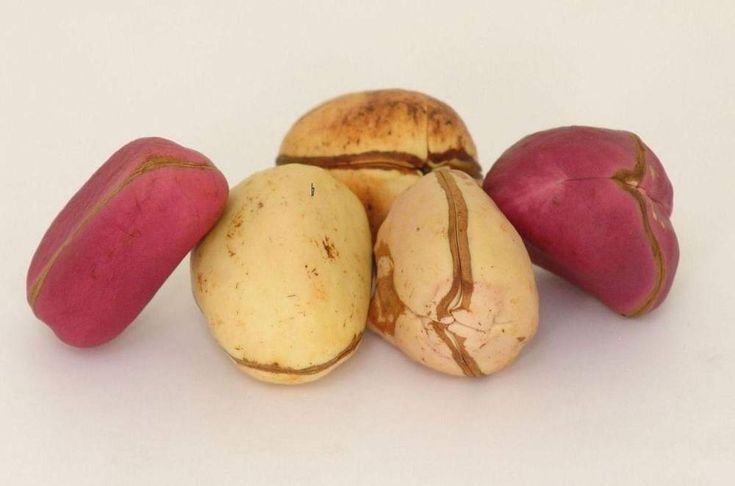
Major Importing Markets
-
North America – USA, Canada (ethnic communities, herbal supplement producers).
-
Europe – UK, France, Germany, Italy (beverage manufacturers, African diaspora markets).
-
Middle East – Saudi Arabia, UAE, Qatar (cultural and beverage consumption).
-
Asia – Japan, South Korea, India (functional drink manufacturers).
Export Processing Steps
-
Harvesting – Mature kola pods are handpicked to prevent damage.
-
Extraction – Nuts are removed from pods and separated.
-
Sorting & Grading – By size, color, and intended market use.
-
Drying (if applicable) – For long-distance export, moisture is reduced to prevent spoilage.
-
Packaging – In moisture-controlled, ventilated sacks or cartons.
Quality Standards & Export Requirements
-
Freshness – Must be free from mold and insect damage.
-
Moisture Content – Controlled for dried kola nuts to extend shelf life.
-
Uniformity – Consistent color and size preferred for premium buyers.
-
Compliance with Phytosanitary Standards – Must pass inspection before export.
Why Kola Nut Export is Profitable
-
High Niche Demand – Especially in cultural, ethnic, and herbal supplement markets.
-
Premium Pricing for Fresh Quality – Fresh kola commands higher prices than dried.
-
Diversified Uses – Food, beverages, supplements, and cultural trade.
IMEN GREEN GLOBAL LIMITED Advantage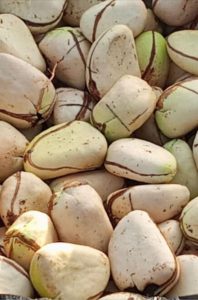
We export premium-grade kola nuts sourced from reliable farmers and processed under strict quality controls.
We offer:
-
Fresh, dried, and powdered kola nut in bulk and retail packaging.
-
Custom packaging and labeling for international buyers.
-
Consistent supply with year-round availability.
-
Efficient global shipping to meet urgent and bulk orders.
Conclusion:
Kola nut is more than a traditional commodity — it’s a global stimulant ingredient with strong demand in cultural, beverage, and health product markets. Exporters who can guarantee freshness, quality, and timely delivery stand to benefit from its premium niche appeal.

